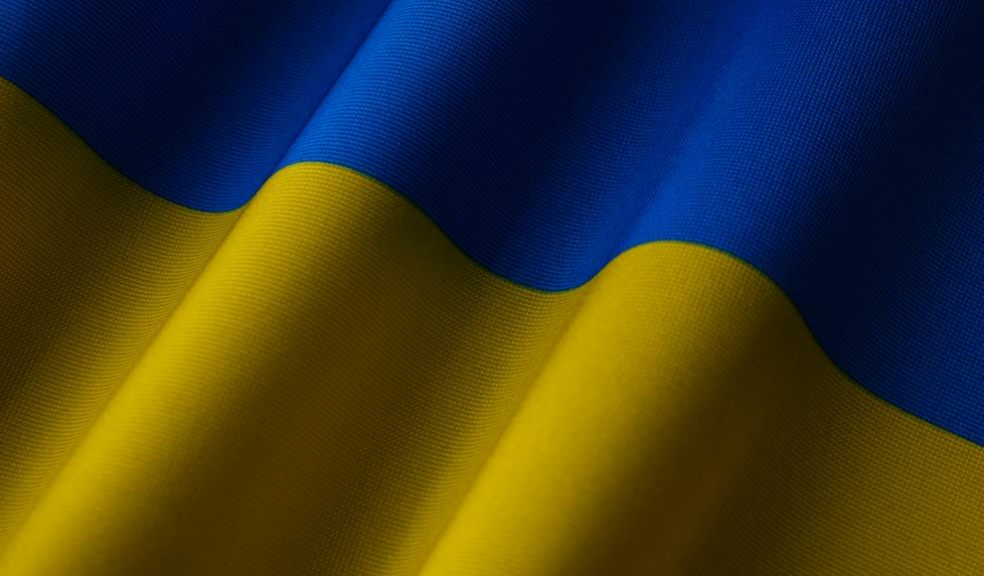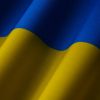
Powerful Ukrainian war poetry finds voice in English translations
Poets, broadcasters, translators and academics from Exeter have joined forces to give voice to Ukrainian war poetry written in response to Russia’s illegal invasion of the country.
The poems, some of which have been written by artists fighting on the frontline, have been translated into English, recorded and made available to the public on YouTube.
They include the work of Liza Zharikova, a poet and musician, who was recently injured while on service in Donbas; and radio host Olena Huseinova, whose work covering the evacuation of Mariupol has found new expression in her poetry.
The project has been led by the University of Exeter in collaboration with Exeter UNESCO City of Literature, and poet and translator Yuliya Musakovska.
“It is with the utmost humility that we share with the public these unbelievably powerful poems,” says Professor Hugh Roberts, project lead in the University’s Department of Languages, Cultures and Visual Studies. “The trauma that the people of Ukraine are enduing is beyond comprehension, but these poems make it tangible and visceral in a way that is scarcely metaphorical. These works have been written by poets on active duty or working long shifts on national radio, and through this project, we are helping to ensure that Ukrainian voices are heard by those who need to hear them.”
The project arose following the visit in July, last year, of a delegation from Lviv City of Literature, who were invited to take part in the Translating Cultures with UNESCO Cities of Literature event in Exeter. During the event, Ms Musakovska and Ms Huseinova read poetry written by colleagues who had been killed in the war, or who are are still fighting on the front line or the home front. The pair also took part in public discussions around the nature of that poetry.
Following on from this, the University invited Ms Musakovska to select some poems that could be translated by staff. From this body of work, the team selected five poems to initially record using the Digital Humanities Laboratory on the Streatham campus, with more to follow over time, including the entirety of Artur Dron’s collection, We Were Here (2023).
Dron, who is serving with the 125th Separate Territorial Defense Brigade, is one of the country’s new wave of poets and was recently invited to give readings around the country during a period of leave at the end of 2023, including to the head of the Ukrainian Catholic Church. His poem ‘Prayer’ has been described as a ‘hymn of solidarity in the face of atrocity and trauma’ while ‘Say hello to the children from me’, is a message to the young people of Ukraine who send drawings to soldiers on the front line.
Also recorded is Ms Huseinova, a radio host and producer at the Public Broadcasting Company of Ukraine, UA-Radio Culture, and who, since 26 February 2022, has been working as a live presenter for the radio version of the 24-hour United News Marathon. Her poem ‘This is my throat’ is a visceral rendering of her experience making radio announcements of the evacuation from Mariupol, and the numbers of coaches that left and those that did not make it.
The third poet is Liza Zharikova, who is serving with the Kyiv Territorial Defense Battalion. She has published two collections of poetry, Ants of Johann Sebastian (2021) and Between Love and Love (2023), among which include ‘This night could have been perfect’, which tells of the experience of a moonlit night on combat duty when childhood and other memories entangle with the trauma of war. ‘Our heroes’, meanwhile, explores the radical difference between folk tales and the brutal reality of conflict.
“The tragic reality is that poets and writers have perished in this conflict, along with so many others, and this imbues the project with a terrible urgency,” adds project co-lead Professor Helen Vassallo. “Poetry is one of the means through which Ukrainians are resisting Russian cultural oppression, and we are witnessing a new generation of artists whose work is being shaped by these appalling events. It is essential that their voices are heard as widely as possible.”




















